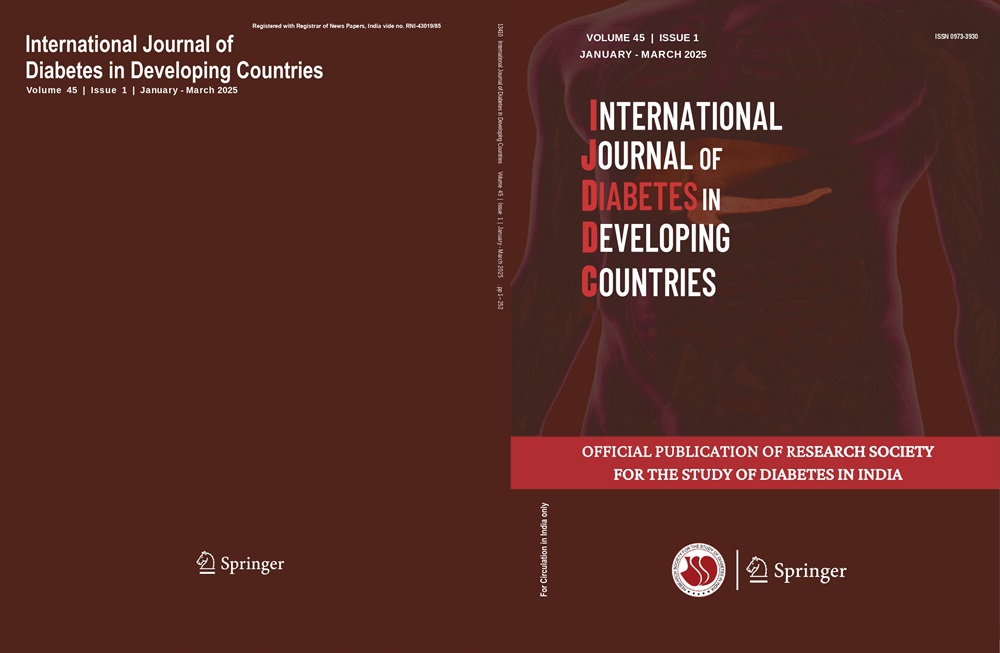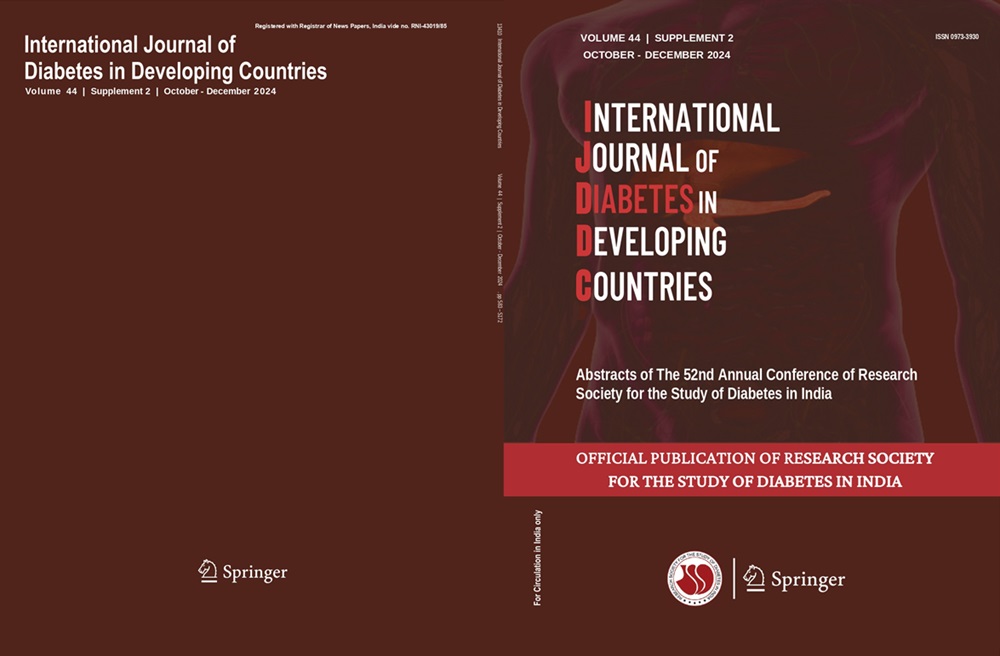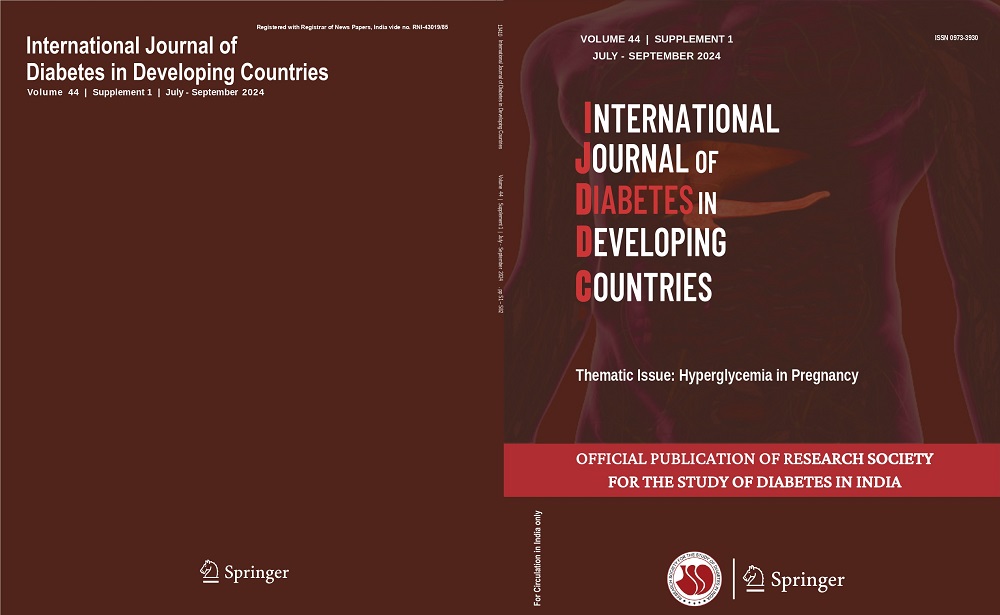Ali Nosrati Andevari, Soheila Moein, Durdi Qujeq, Zoleika Moazezi, Karimollah Hajian Tilaki
Keywords
Type 2 diabetes mellitus • Prediabetes Atorvastatin • Aldo-keto reductase family 1 member B10 • Glyoxalas e 1 • Methylglyoxal
Background Type 2 diabetes mellitus (T2DM) is often associated with metabolic disorders. Statin drugs are potent inhibitors of cholesterol biosynthesis.
Objective The aim of this study was to evaluate the effect of atorvastatin on the concentrations of methylglyoxal (MGO), glyoxalase 1 (GLO-1), and aldo–keto reductase family 1 member B10 (AKR1B10) in patients with T2DM and prediabetes.
Methods This study was conducted on 80 subjects with and without T2DM and prediabetics divided into 5 groups: patients with T2DM receiving statins (group A, n = 17), patients with T2DM not receiving statins (group B, n = 17), patients with prediabetes receiving statins (group C, n = 12), patients with prediabetes not receiving statins (group D, n = 17), and healthy controls without T2DM (control group, n = 17). Patients with T2DM and prediabetes received atorvastatin 20 mg/day for 3 months. The measurement of MGO and AKR1B10 was performed with a non-competitive sandwich-type enzyme-linked immunosorbent assay (ELISA) at 450 nm. The measurement of GLO-1 was performed by an enzymatic method at 240 nm.
Results The serum level of MGO was significantly higher in patients with T2DM and prediabetes than that of healthy controls (p = 0.001). In patients with T2DM, statins decreased the serum level of MGO, but in patients with prediabetes, statins increased the serum level of MGO (p = 0.001). The level of GLO-1 activity was significantly higher in healthy controls than that of patients with T2DM and prediabetes (p = 0.001). Furthermore, the level of GLO-1 activity was significantly higher in patients with T2DM and prediabetes receiving statins than that of patients with T2DM and prediabetes not receiving statins (p = 0.002). The serum level of AKR1B10 was significantly higher in groups C and D than that of the other groups (p = 0.001).
Conclusion Atorvastatin can improve the level of GLO-1 activity and thereby prevent diabetic complications.




